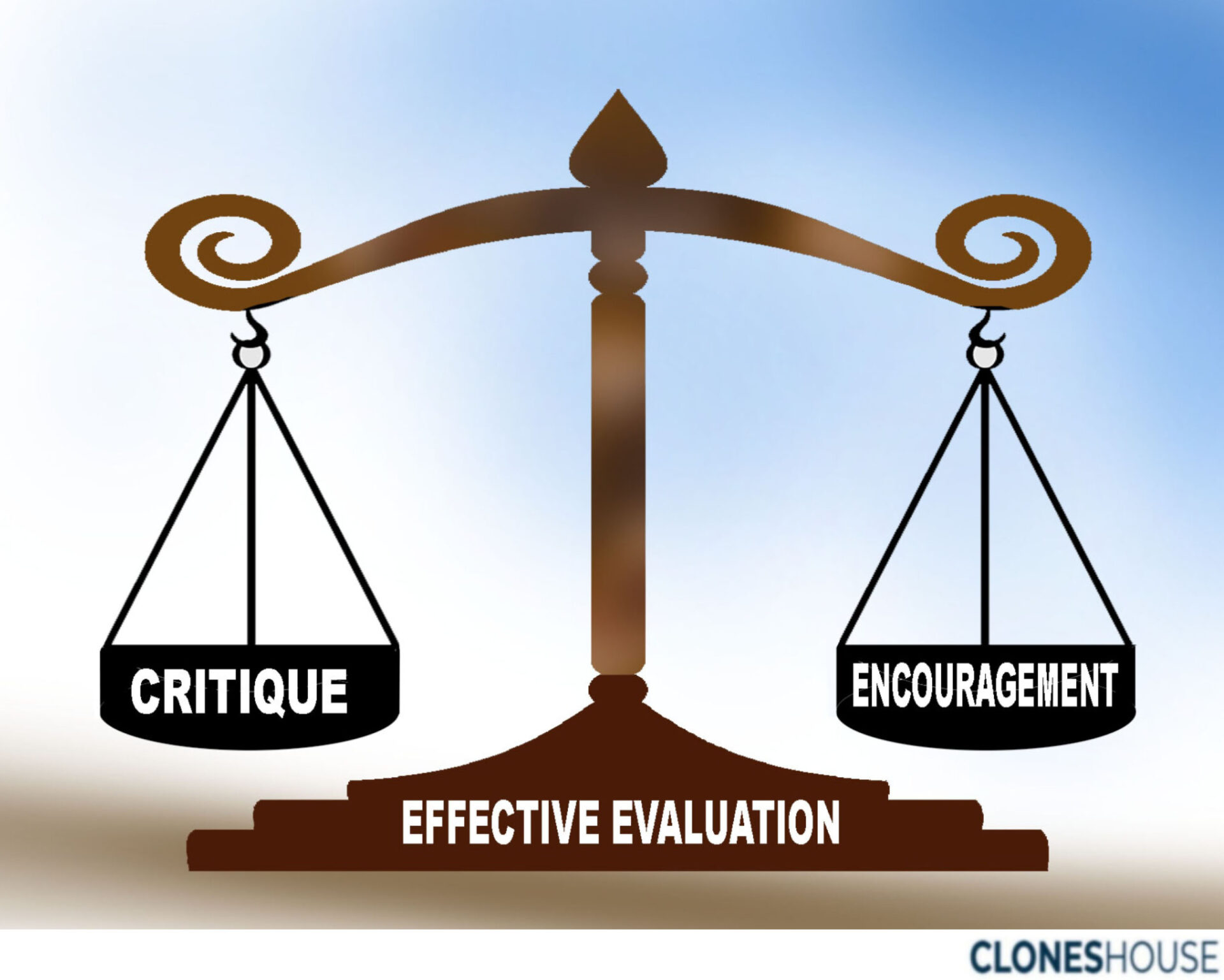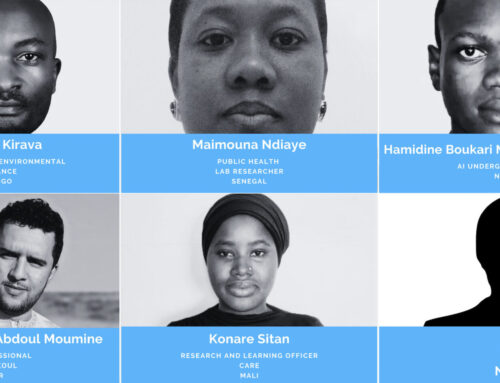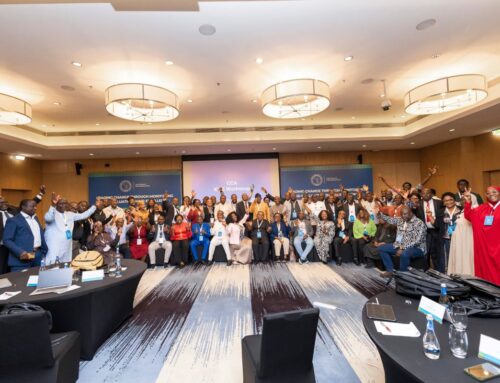Introduction
Evaluation is the systematic and objective assessment of an ongoing or completed project, program, or policy, including its design, implementation, and results. The aim is to determine the relevance and fulfillment of objectives, development efficiency, effectiveness, impact, and sustainability.
In the realm of Monitoring and Evaluation (M&E), emerging professionals often find themselves navigating the delicate balance between constructive criticism and recognizing achievements. In this blog, we will look at the significance of both the positive and negative aspects of projects within the evaluation process. Beyond the traditional lens of critique, also embracing the positive not only enhances the comprehensiveness of assessments but also contributes to a better understanding of project impacts.
The Dual Nature of Evaluations
Evaluation professionals are often trained to identify and address weaknesses within projects, aiming to refine and optimize outcomes. While this critical approach is undoubtedly valuable, an exclusive focus on shortcomings will overshadow the positive aspects that contribute to a project’s success. It’s essential to recognize that evaluations should encompass both constructive critique and celebration of achievements for a holistic understanding. Creating a culture that balances critique and encouragement is key to effective evaluation. By striking this balance of pointing out areas for improvement while highlighting and encouraging positive outcomes, evaluations become not only comprehensive but also constructive, fostering an environment of continuous improvement.
Practical tips for Positive Evaluations
-
Promote Neutrality in Assessment
Evaluations should recognize the importance of neutrality. Evaluators must strive to maintain an unbiased view of the project, avoiding preconceived notions that could influence their assessments. As Cogburn and Spiro (2017) highlight, a neutral stance enhances the reliability and validity of evaluations.
-
Emphasize Balanced Feedback
Encourage evaluators to provide balanced feedback that acknowledges both strengths and weaknesses. This approach, advocated by Patton (2018), fosters a comprehensive understanding of project impacts and promotes a constructive atmosphere for improvement.
-
Utilize Mixed Methods
Incorporate a combination of qualitative and quantitative methods in evaluations. Triangulating data from various sources provides a more nuanced and well-rounded perspective, minimizing the risk of bias (Creswell & Creswell, 2017).
-
Include Stakeholder Perspectives
Actively involve stakeholders in the evaluation process. Their insights and experiences offer valuable perspectives that may not be captured through traditional metrics alone. This participatory approach aligns with the principles of developmental evaluation (Patton, 2011).
-
Set Clear Evaluation Criteria
Define clear and measurable criteria for success at the outset of the evaluation. This not only guides the assessment process but also provides a basis for highlighting positive outcomes. The importance of well-defined criteria is underscored by Scriven (2011).
-
Encourage Continuous Feedback Loops
Foster a culture of ongoing feedback rather than confining evaluations to specific milestones. This continuous feedback loop allows for timely recognition of achievements and promotes adaptive management (Preskill & Boyle, 2008).
-
Implement Training on Balanced Evaluation Practices
Provide training for evaluators on the principles and practices of balanced evaluations. This not only enhances their skills in recognizing and celebrating successes but also contributes to the professional development of the M&E team (Alkin, 2018).
Conclusion
In the evolving landscape of Monitoring and Evaluation, recognizing the positive aspects of projects is not just an option but a necessity. Beyond critique, positive evaluations contribute significantly to a more comprehensive understanding of project impacts. By embracing and celebrating achievements, emerging professionals in the field can not only foster a culture of positivity but also drive transformative change within the projects they assess. In the pursuit of excellence, it’s crucial to remember that constructive criticism and celebration of success go hand in hand, shaping a more resilient and impactful future for M&E initiatives.
About the Author
Eric Andrew, a champion for Agriculture and Climate development, leads AgrofixiNG, a non-profit towards a vision of a self-sufficient Africa that feeds its people and the global community and leads the way in climate change mitigation.
Fueled by a passion for data and the “what did we learn” question, he is an emerging evaluator gradually building valuable experience in monitoring and evaluation working with national and international organizations.
References
Görgens, M., & Kusek, J. Z. (2010). Making monitoring and evaluation system work: A capacity development toolkit from the World Bank (pp. 1-2)
Cogburn, D. L., & Spiro, E. S. (2017). Perspectives on big data applications in government: Theory and practice. Government Information Quarterly, 34(3), 319-326
Patton, M. Q. (2018). Principles-Focused Evaluation: The GUIDE. Guilford Press
Creswell, J. W., & Creswell, J. D. (2017). Research Design: Qualitative, Quantitative, and Mixed Methods Approaches. Sage Publications
Patton, M. Q. (2011). Developmental Evaluation: Applying Complexity Concepts to Enhance Innovation and Use. Guilford Press
Scriven, M. (2011). Formative evaluation and educational excellence. In J. H. McMillan (Ed.), SAGE Handbook of Research on Classroom Assessment (pp. 541-555). Sage Publications
Preskill, H., & Boyle, S. (2008). A multidisciplinary model of evaluation capacity building. American Journal of Evaluation, 29(4), 443-459
Alkin, M. C. (2018). Evaluation Roots: Tracing Theorists’ Views and Influences. Sage Publications





This was a very interesting read especially when evaluations most at time are geared towards pointing out the negative parts without giving accolades to what worked.
Thank you for the feedback and for your time, Ibrahim.